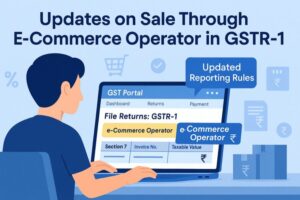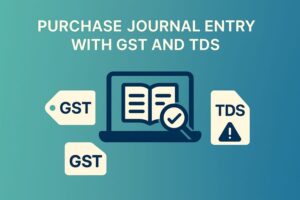Applicability of GST on Freight Charges
- 7 Apr 25
- 10 mins
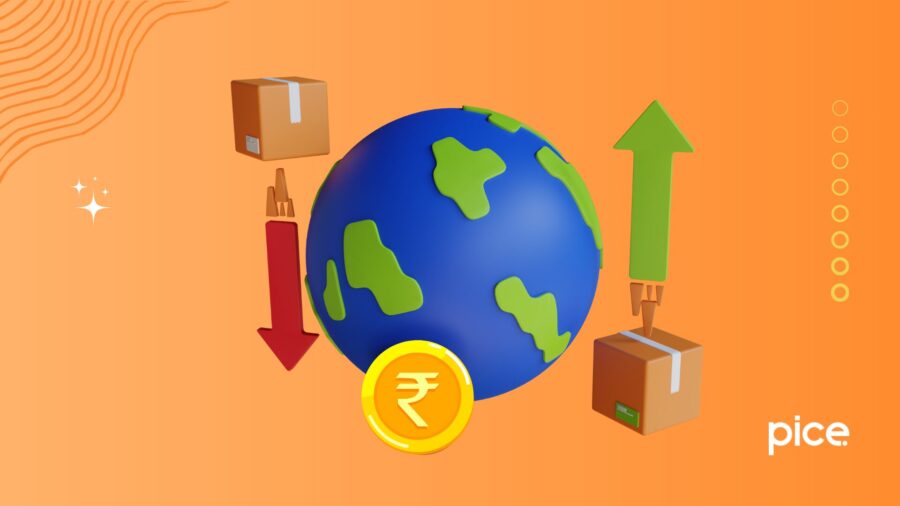
Applicability of GST on Freight Charges
Key Takeaways
- GST on freight is paid either by GTA or recipient under Reverse Charge Mechanism (RCM).
- Freight GST rates: 5% (no input credit) or 12% (with input credit).
- Certain goods like agriculture produce, relief items, and low-value consignments are GST-exempt.
- GTAs exclusively under RCM don't need GST registration unless turnover exceeds ₹20 lakh.
- GST liability depends on transport mode and recipient's GST registration status.
Goods and Services Tax or GST has critically impacted the transportation and logistics sector in India. A main area of interest in this case is the applicability of GST on freight charges. Whether companies are transporting goods within the country or involved in exporting or importing internationally, understanding the GST implications of freight is important for cost management and compliance.
Moreover, freight services offered by different transporters, like road, air, sea carriers and rail, attract different GST rates based on various factors, such as the type of goods, the status of the service provider and the mode of transport.
Hence, this blog will further discuss in detail, the concept of GST on freight charges, who can pay it, and other associated details.
What is GST on Freight?
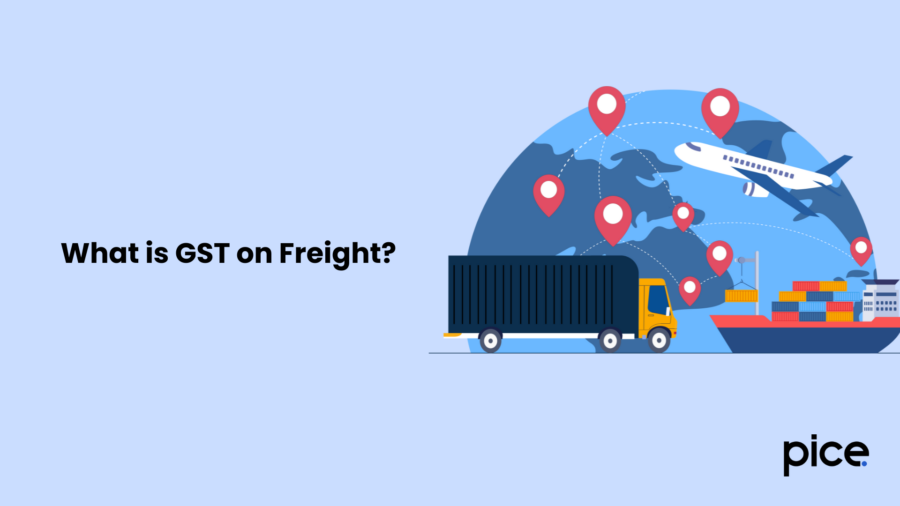
When the Goods Transport Agency or GTA has an obligation towards the payment of tax on a specific freight service as per the rate established, it is referred to as GST on freight charges. The GST rate on freight has two options that are applicable to it.
Firstly, the tax may be paid off by GTA at the rate of 5%, without the input tax credit. As an alternative option, the tax shall be paid off at a 12% rate with the same in addition.
Here are the various freight services covered under the GST:
- Air transport (domestic and international)
- Road transport (Goods Transport Agency)
- Ocean or sea transport (domestic & international)
- Rail transport
Who is Supposed to Pay GST on Freight?
The recipient of the freight service in question, or the individual who pays for the freight will be required to pay the GST on freight as well. If the consignor/sender pays for the freight charges to the GTA, the latter shall be considered the recipient of the freight service.
Therefore, the GTA, in this case, will be liable to pay the GST on any freight services opted for. However, if the consignee pays for the freight charges, tax payment on freight shall also befall on the same person.
In simple words, the freight tax may either be paid by:
- The GTA; or
- The recipient of the service
The table below specifies who shall pay the GST on freight charges in the case of varying transportation modes:
| Transport Type | GST Paid By |
| Goods Transported by road (normal conditions) | Service provider (transport company) |
| Goods transported by road (RCM applies) | Recipient of goods (registered business) |
| Goods transported by rail | Service provider (railway company) |
| Goods transported by air | Service provider (airlines) |
| Goods transported by sea | Service provider (shipping company) |
| Composite supply involving freight | GST paid by the supplier of the composite service (Example: E-commerce company) |
Note: The responsibility of payment of GST on freight charges will fall on an entity, depending on the recipient’s position under the following specified categories of people:
1. An individual registered under the GST
2. Factories registered under the Factories Act of 1948
3. A Co-operative society registered under the law
4. Societies registered under the Societies Registration Act, 1860
5. A corporate body established under the appropriate law
6. A Casual taxable person
7. Partnership firm & the association of persons
In the case of the specified categories of persons in the above-mentioned table, the GTA provides the freight service. GST shall have to be paid based on a reverse charge by the recipient of the service.
Note: Even if the turnover amounts are below the set threshold limit, the above-mentioned categories of persons have to be mandatorily registered under the GST system. The entities must pay GST on freight charges on a ‘reverse basis’. It shall make them eligible for an input tax credit under GST, automatically.
If a registered GTA extends the freight service to a category of entity that does not come under the scope of any of the above-mentioned categories, the GTA then assumes the obligation to pay tax on the reverse charge basis. The conditions will be different for specific types of freight services. Here are some examples of such entities:
1. Unregistered Body of Individuals
2. Unregistered Sole Proprietor
3. Unregistered Hindu Undivided Family
Should the GTA be Registered Under GST?
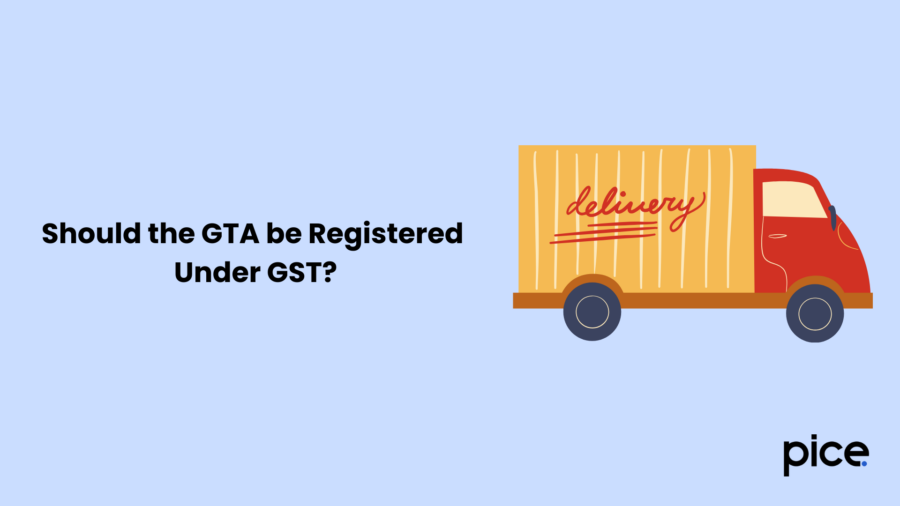
The answer to whether or not the GTA should be registered under GST is subjective. It depends on the body to whom the GTA’s service is extended. For example, if the GTA extends transportation services to specific groups of individuals who have to pay tax on the basis of reverse charge, it does not have to register under GST.
In such a scenario, the GTA is exempted owing to their entire line of service being on the reverse charge supplies. As a result, they will not have to accept any additional tax liabilities.
On the other hand, GTAs may be extending their transportation services to Unregistered Bodies of Individuals, Hindu Undivided Families or sole proprietors. If a GTA is not extending transport services to those particular categories of people, who are obliged to pay tax on the reverse charge basis, the GTA is required to register under GST. This has to be mandatorily done when the turnover in the aggregate, overreaches the threshold limit of Rs. 20 lakh.
Rate of GST on Freight Charges
Freight charges are the fees that are paid for transportation/carriage of supplies or goods. GST on freight charges may be undertaken via land, air, or sea. The GST rate applicable on the freight charges is as mentioned below:
- 5% (without input tax credit)
- 12% (with input tax credit)
Further, there are exemptions on specific goods, i.e., no GST rate on freight is applicable in their cases. Take a look at the list of exempted goods below:
1. Agricultural produce
2. Organic manure
3. Relief materials for the survivors of natural calamities, disasters, accidents etc.
4. Goods where the gross amount imposed on consignment transport for a single carriage is below Rs. 1500
5. Salt, milk & food grains (including pulses, flour, rice, etc.)
6. Military/defence equipment
7. Magazine/newspaper that is registered with the Registrar of Newspaper
8. Goods where the gross amount imposed for transportation of aggregate goods for one consignee is below Rs. 750
In assigning the GST liability with respect to the freight charges, 3 types of entities typically are involved, including:
- The party sending off the goods
- The party responsible for transporting the goods (GTA)
- The party on the receiving end for the goods (Consignee)
To establish the GST liability, it is important to determine which individual will be receiving the freight service in question. This is the case because the recipient who will be receiving the freight services will be obliged to bear the GST liability.
Services Given by GTA
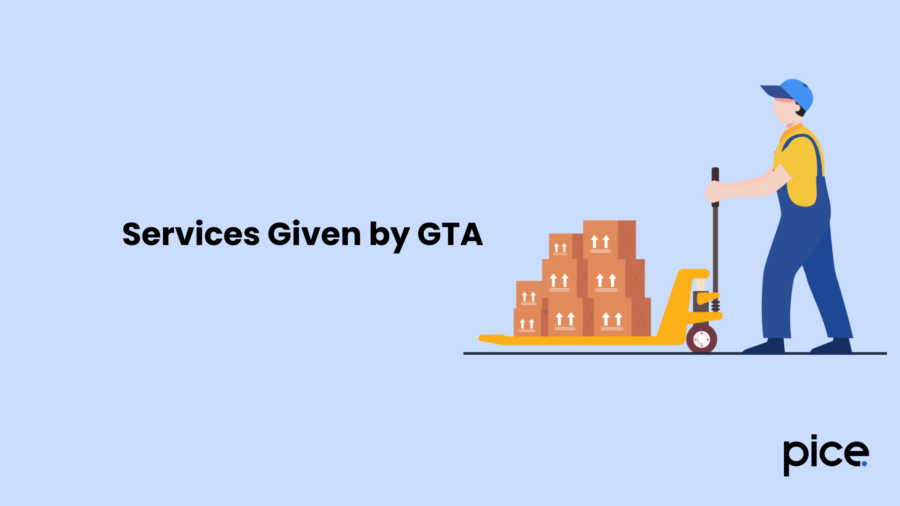
The GTA extends services, mainly concerning the transportation of goods and others. Here is a list of the various intermediate/ancillary services extended by the GTA:
- Packing
- Unpacking
- Unloading
- Loading
- Temporary Warehousing
- Trans-shipment, etc.
Will GST be applied for Freight Charges in Supply Invoice?
In order to determine the GST rate on freight charges in the invoice, details like the value of the supply, shall be crucial. The tax will be charged on the supply value as per the regular rates (on the basis of the goods being transported).
GST charged on the freight charges will remain the same as the value that will apply to the supply value if the freight fee is added to the value of the supply (mentioned in the bill).
Consignment Note
A consignment note is essentially a document issued by the GTA, against the receipt of goods. This is done to allow the transportation of the goods by road, via a carriage.
Reverse Charge Mechanism (RCM) on Freight
As per the Reverse Charge Mechanism (RCM), the GST rate applicable for the GTA services is 12%. There is a liability to pay off the GST shifts to the recipient from the supplier of the goods that are transported. Reverse Charge Mechanism or RCM is specifically relevant in the context of road transportation extended by the Goods Transport Agencies.
Conclusion
Overall, the implications of GST on freight charges have undergone active developments at multiple stages. With significant clarity on the topic now, the conditions and requirements are significantly more comprehensible to the average taxpayer.
GST is applicable to freight services including road transport (Goods Transport Agency), rail transport, air transport (domestic and international), and ocean or sea transport (domestic and international).
Understand who shall be responsible for bearing the GST obligations by referring to the comprehensive table and lists provided above, as it depends on the type of transport and the category of individuals that the transport services are extended to, by the GTA.
💡If you want to streamline your payment and make GST payments via credit or debit card or UPI, consider using the PICE App. Explore the PICE App today and take your business to new heights.
 By
By 











